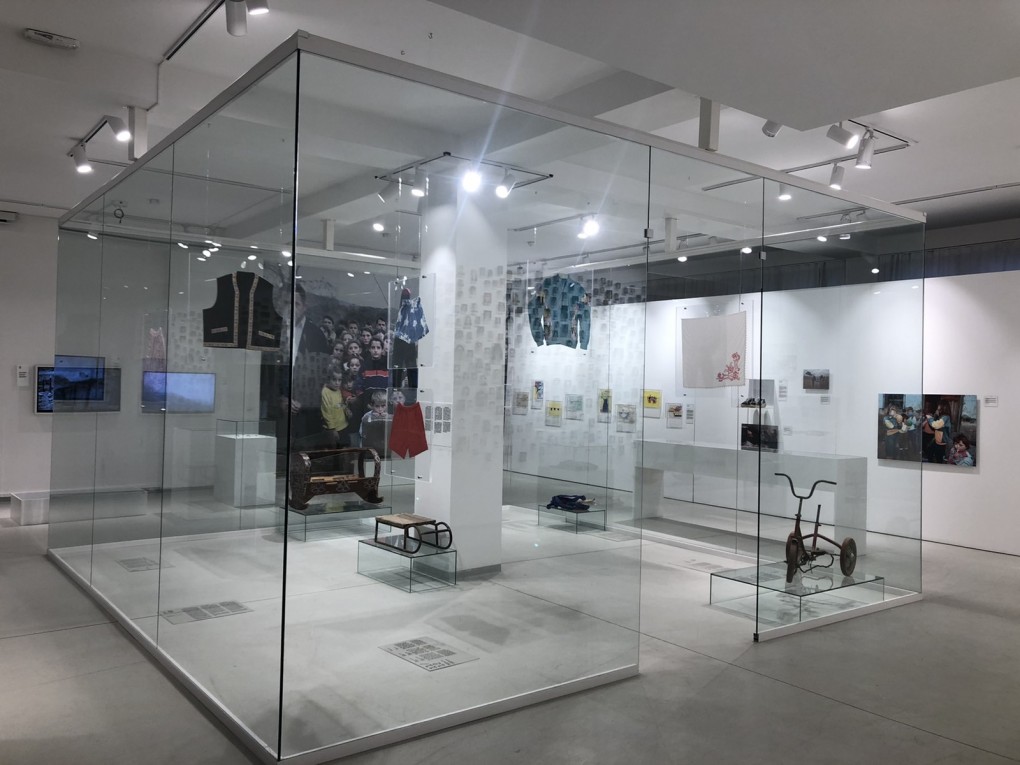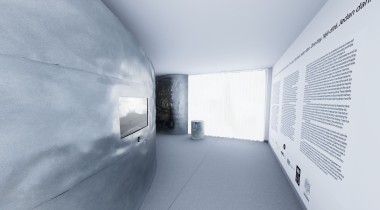PRISTINA – Through the second Open Call co-financed by the United Nations Peacebuilding Fund, RYCO supported the project “A Youth Perspective to Remembering the Past in the Western Balkans” implemented by Humanitarian Law Center Kosovo* in partnership with Humanitarian Law Center Serbia and Association Transitional Justice, Accountability and Remembrance in Bosnia and Herzegovina.
The project focused on promoting understanding and trust by empowering young people in the region to explore issues of remembrance of their common past. Young people from Bosnia and Herzegovina, Kosovo and Serbia learned about each others’ remembrance contexts and developed critical thinking and public speaking skills in open and safe spaces, focused on rethinking how Western Balkan societies remember conflict and violence.
One of the key project outputs is the virtual exhibition titled “Once upon a time and never again”, which honors the 1133 children killed or still missing as the result of war in Kosovo during the period from 1998 to 2000. It contains about 40 items that family members keep in memory of their children.
The exhibition aims to raise awareness on the war and its consequences, and to recall the importance of dealing with the past, promoting peace and dialogue in the region.
Initially opened in May 2019 in Kosovo, the exhibition was planned to take place also in Bosnia and Herzegovina and Serbia through the RYCO supported project, in order to encourage young people to connect and create a joint culture of memorialization in the region by thinking openly and critically. Due to the restrictions posed by the COVID-19 pandemic and the lack of possibility to implement the exhibition in a physical setting, the project team developed the virtual exhibition, which allows all interested visitors to join and access the exhibition in an online format.
RYCO Local Branch Office in Kosovo visited the exhibition “Once upon a time and never again” on 4 December. During their visit, Manager of the Documentation Centre Kosovo Ms Dea Dedi explained that the exhibition had many visitors before the new restrictions were taken due to the pandemic, thus limiting the number of visitors.
“We could not exhibit the exhibition in Belgrade, Pristina and Sarajevo with young people coming from all over the Western Balkans as planned, but together with our partners in the region we are still very motivated to make it happen as soon as the situation with COVID-19 will allow us,” Ms Dedi underlined.
Read the full article here.


